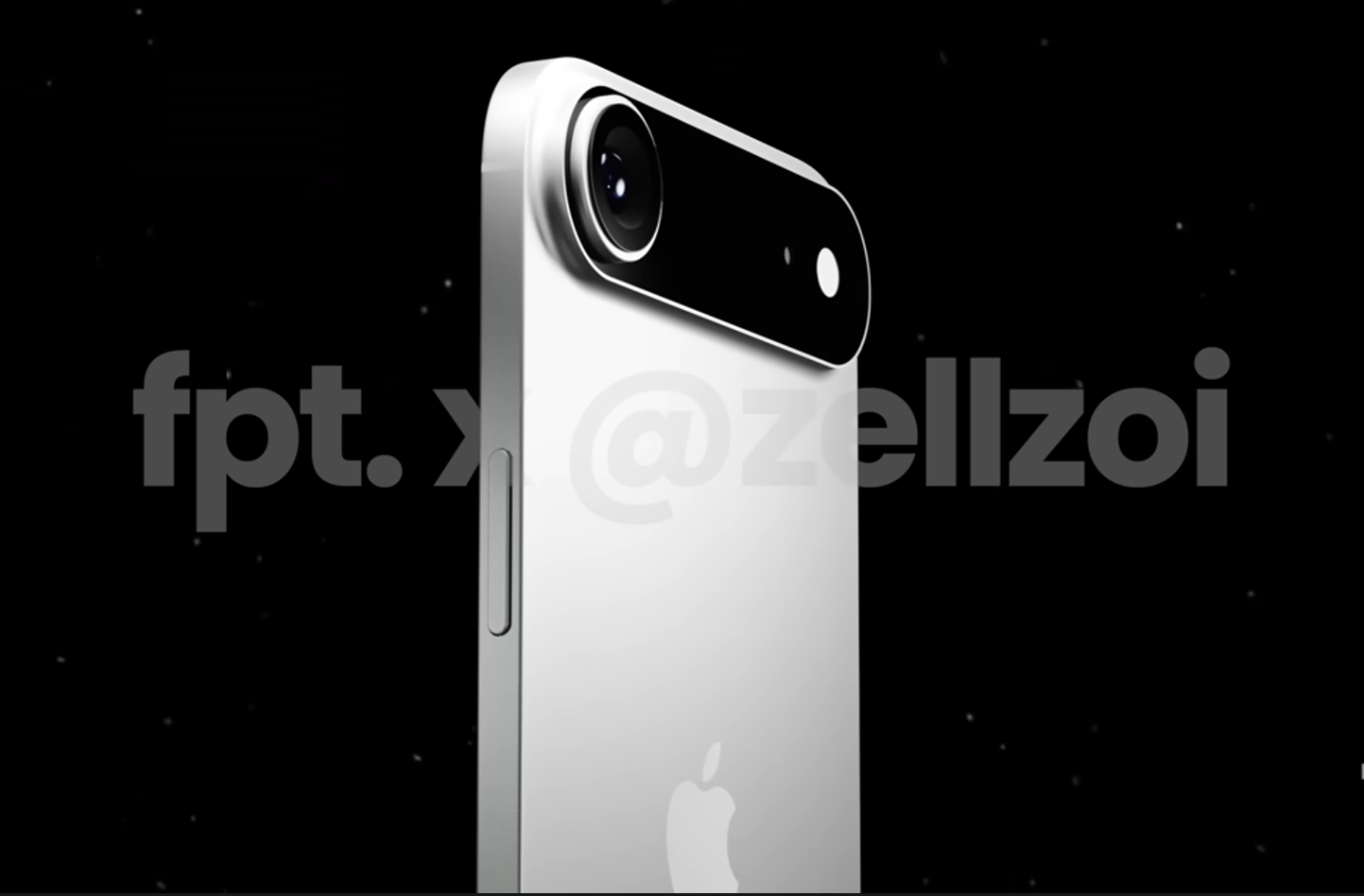
Apple’s upcoming iPhone 17 Air is shaping up to be its thinnest iPhone ever, but concerns about battery life may be unfounded.
According to renowned Apple analyst Ming-Chi Kuo, the device will feature a high-density battery, ensuring impressive power efficiency despite its sleek form.
Cutting-edge battery technology in iPhone 17 Air
Ming-Chi Kuo revealed that Apple’s first foldable iPhone will use the same high-density battery technology as the iPhone 17 Air, marking a major advancement in battery efficiency.
While exact Wh/mAh capacity figures remain unknown, this new battery type is expected to deliver higher energy storage in a smaller space, addressing concerns that a slimmer design might compromise battery life.
Several factors contribute to the iPhone 17 Air’s optimized battery performance:
High-density battery technology: Enables more energy storage without increasing size.
Apple-designed C1 modem: Reduces power consumption compared to Qualcomm’s modem.
Minimalist internal design: The removal of an Ultra Wide camera creates additional space for a larger battery unit.
How Apple’s high-density battery works
Apple’s high-density battery technology aims to maximize power retention while maintaining a compact form factor. By replacing traditional graphite (carbon) materials with silicon-carbon, these batteries can store more energy per unit volume, offering longer battery life without increasing weight.
This next-gen battery technology is also expected to:
Improve daily battery performance, allowing longer usage on a single charge.
Reduce battery degradation, meaning the iPhone 17 Air will retain high efficiency for years.
Enhance energy efficiency, especially when paired with Apple’s proprietary C1 modem, which optimizes network connectivity while consuming less power.
Challenges of Apple’s high-density battery
Despite its advantages, Apple faces technical and economic challenges in adopting high-density batteries:
Higher production costs may drive up iPhone 17 Air’s retail price.
Potential overheating risks, requiring enhanced thermal management to prevent battery degradation or safety issues.
iPhone 17 Air: Expected release and features
Apple is expected to officially unveil the iPhone 17 Air in September, alongside the iPhone 17, iPhone 17 Pro, and iPhone 17 Pro Max.
Leaked reports suggest the iPhone 17 Air will:
Feature a single speaker instead of a stereo setup.
Lack an Ultra Wide camera, simplifying the camera system.
Possibly omit a physical SIM tray, pushing users toward eSIM technology.
If these rumors hold true, the iPhone 17 Air will be Apple’s most radical redesign in years, combining a super-thin frame with cutting-edge battery efficiency to redefine the next generation of smartphones.
Hai Phong